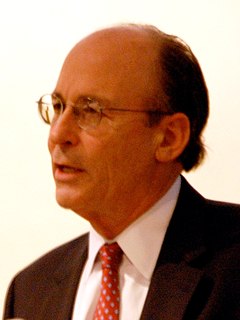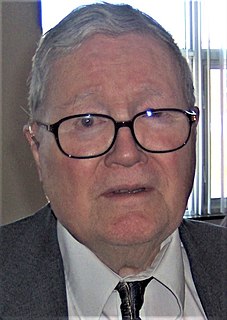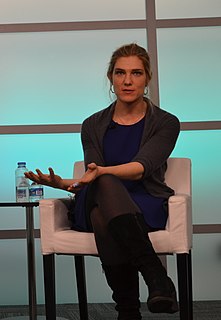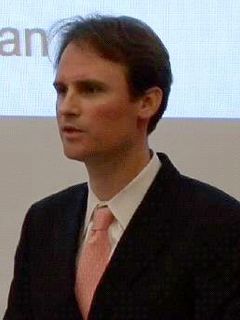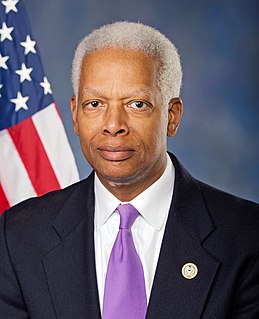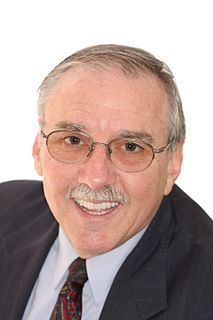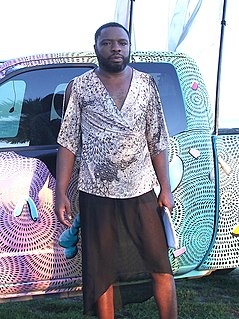A Quote by Tracy Kidder
Most teachers have little control over school policy or curriculum or choice of texts or special placement of students, but most have a great deal of autonomy inside the classroom. To a degree shared by only a few other occupations, such as police work, public education rests precariously on the skill and virtue of the people at the bottom of the institutional pyramid.
Quote Topics
Autonomy
Bottom
Choice
Classroom
Control
Curriculum
Deal
Degree
Education
Few
Great
Great Deal
Inside
Institutional
Little
Most
Only
Other
Over
People
Placement
Police
Police Work
Policy
Public
Public Education
Pyramid
Rests
School
Shared
Skill
Special
Special Place
Students
Teachers
Texts
Virtue
Work
Related Quotes
A much more radical conclusion . . . that, so far as I know, is shared by only a very few students of public choice [is]: that government employees or people who draw the bulk of their income from government by other means should be deprived of the vote . . . It is another example of the opening up of alternatives for investigation and the presentation of new conceivable policy options characteristic of public choice, rather than a policy that all its students favor.
Classroom teachers can play an active role in instructing children about appropriate conduct online, even where there is no school policy on the issue. By promoting public discussion about their lives on the Internet, teachers and students can work together to share advice and develop 'rules to type by' or similar Internet-minded guidance.
Education Secretary Arne Duncan spurned the opportunity to condemn thousands of Wisconsin public school teachers for lying about being 'sick' and shutting down at least eight school districts across the state to attend capitol protests (many of whom dragged their students on a social justice field trip with them). Instead, Duncan defended teachers for 'doing probably the most important work in society.' Only striking government teachers could win federal praise for not doing their jobs.
You know, students who major in elementary education - they're going to be grade school teachers - they have the highest rates of math anxiety of any college major. And they bring that into the classroom. So you find students being introduced to math concepts by teachers who may have not only a lack of training but also a lack of enthusiasm about math.
I was fortunate to be at that school in an era in which encounters between students and teachers were encouraged; there were a number of teachers who lived on campus, and they'd regularly invite students over for dinner on the weekends. I hope it's still like that: being treated seriously by an adult you admire is a great gift. Children, like adults, want respect - but it's only when you're older that you realize how few people actually extend it.
Sending our kids in my family to private school was a big, big, big deal. And it was a giant family discussion. But it was a circular conversation, really, because ultimately we don't have a choice. I mean, I pay for a private education and I'm trying to get the one that most matches the public education that I had, but that kind of progressive education no longer exists in the public system. It's unfair.
When I was in Wuhan, I went to the art school, which was one of the most important art schools in China, an enormous art school. One of the things that I saw is that the schools are very big and there are so many students. It is very difficult to me to teach creative activity to great numbers of people, because I think you need personal contact with students, you need to speak individually, you need individual contact between teachers and students, you need continuity. To me this is a problem in mass education in every society now.
Public education for some time has been heavily focused on what curricula we believe will be helpful to students. Life-Enriching Education is based on the premise that the relationship between teachers and students, the relationships of students with one another, and the relationships of students to what they are learning are equally important in preparing students for the future.
Education is the key to perpetuation of the [god] virus for the Taliban, Baptist or Catholic. If the virus cannot control public education, it will seek to divert resources from public coffers to fundamentalist school funding. From the madrassa schools of Pakistan to the Christian push for school vouchers in the United States and the religious home school movement, religions seek to control education or to control the resources for education.
What do teachers and curriculum directors mean by 'value' reading? A look at the practice of most schools suggests that when a school 'values' reading what it really means is that the school intensely focuses on raising state-mandated reading test scores- the kind of reading our students will rarely, if ever, do in adulthood.
